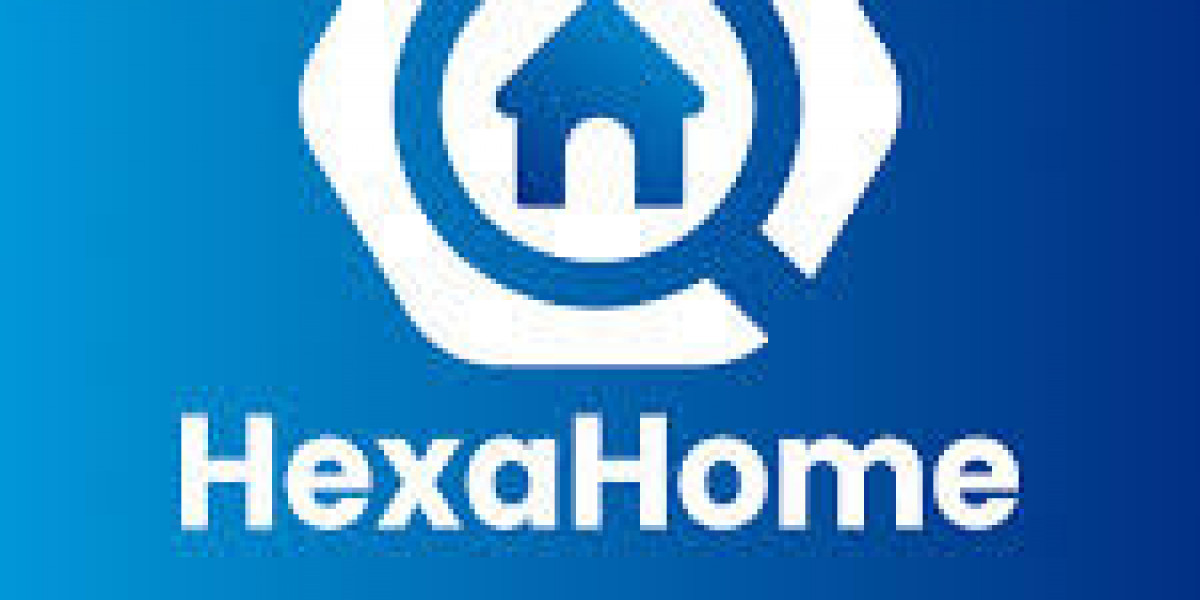The decision between renting and buying a home in 2025 is more complex than ever, shaped by shifting market dynamics, economic uncertainty, and evolving lifestyle preferences. As real estate prices fluctuate and new technologies like smart homes and sustainable living become mainstream, it’s essential to weigh the pros and cons of each option to determine what best suits your financial goals and personal needs.
Financial Considerations: Upfront Costs and Long-Term Value
Buying a home remains a significant financial commitment. It involves a hefty down payment, registration fees, EMIs, and ongoing maintenance costs. However, it also allows you to build equity over time and benefit from property appreciation, especially in cities where real estate values are on the rise. Homeownership can offer tax benefits and long-term stability, locking in your housing costs and protecting you from rent hikes.
Renting, on the other hand, typically requires only a security deposit and a few months’ rent upfront. This makes it more accessible for those not ready to commit to a long-term financial obligation. Renting also frees you from the responsibility of repairs and maintenance, which are handled by the landlord. However, rent payments do not contribute to asset building, and renters may face periodic rent increases and less stability over time.
Flexibility vs. Stability
One of the key advantages of renting is flexibility. If your job requires frequent relocation or you value the ability to move without the hassle of selling a property, renting is likely the better choice. It allows you to adapt quickly to changing circumstances and explore new neighborhoods or cities with ease.
Buying a home, in contrast, is ideal for those seeking long-term stability. If you plan to stay in one place for several years-particularly in cities where the break-even point for buying is just 3 to 8 years-purchasing can be a smart wealth-building move. In high-cost cities, however, it may take decades for buying to become financially advantageous over renting.
Lifestyle and Market Trends
Modern buyers are increasingly attracted to smart homes and sustainable living. Properties equipped with intelligent security, energy-efficient appliances, and eco-friendly features command higher demand and value. Whether you rent or buy, prioritizing homes with these attributes can enhance comfort, reduce utility costs, and support a greener lifestyle.
The Hybrid Approach: Rentvesting
A growing trend in 2025 is “rentvesting”-living in a rental for flexibility while investing in real estate elsewhere for equity growth. This strategy allows you to enjoy the benefits of both renting and property ownership, especially in markets where buying your primary residence may not be financially viable.
Making the Smart Choice
Ultimately, the best decision depends on your financial situation, long-term goals, and lifestyle needs. Carefully calculate the total costs, consider your future plans, and seek advice from real estate experts to avoid rushed decisions or FOMO-driven purchases. Technology partners like Hexahome and Hexadecimial Software Pvt Ltd are making it easier than ever to analyze market data, compare options, and manage properties-empowering you to make smarter, more informed choices in 2025.
Conclusion
Renting offers flexibility and lower upfront costs, while buying provides stability and the potential for long-term financial growth. As the real estate market evolves, leveraging technology and expert insights will help you choose the path that aligns with your goals and lifestyle.







